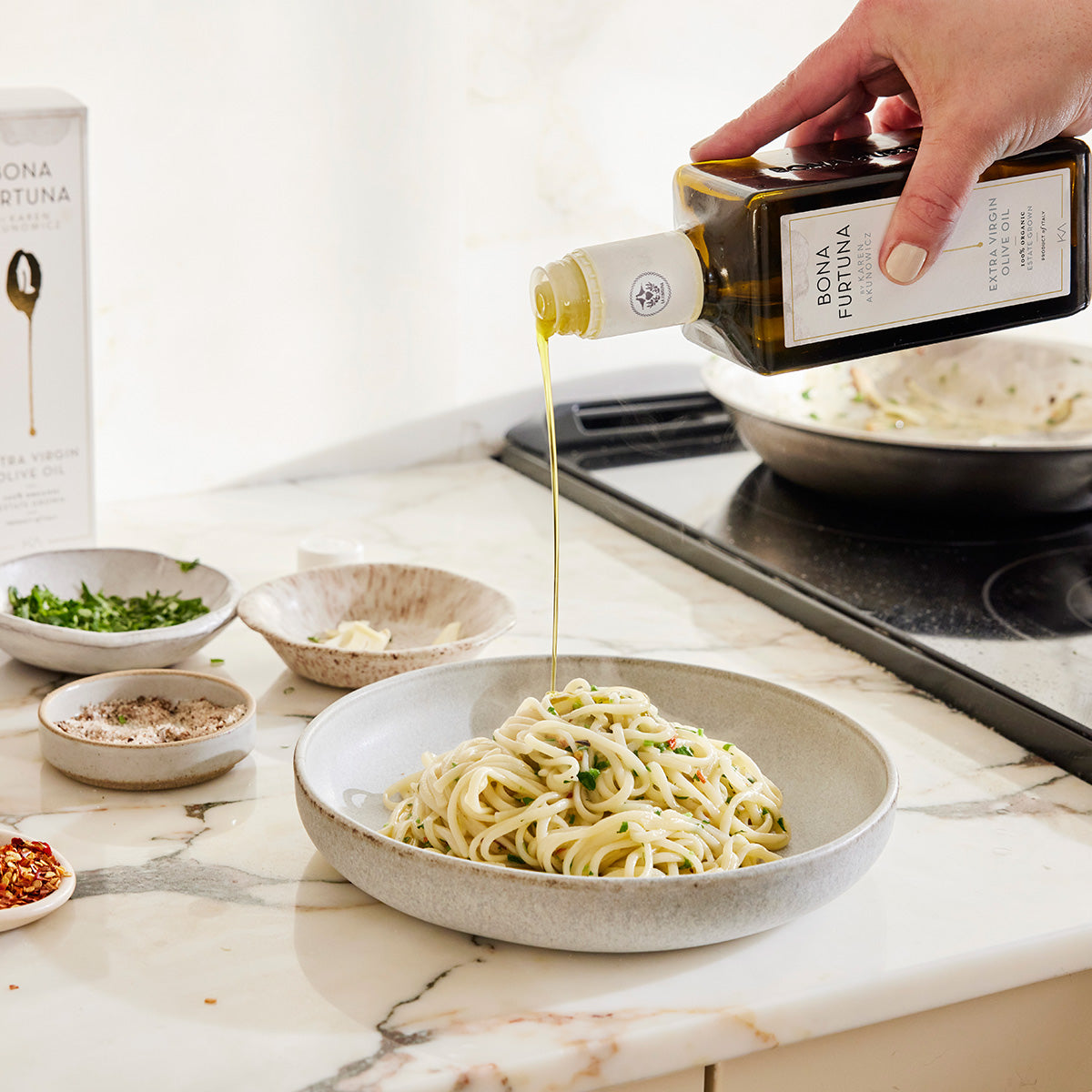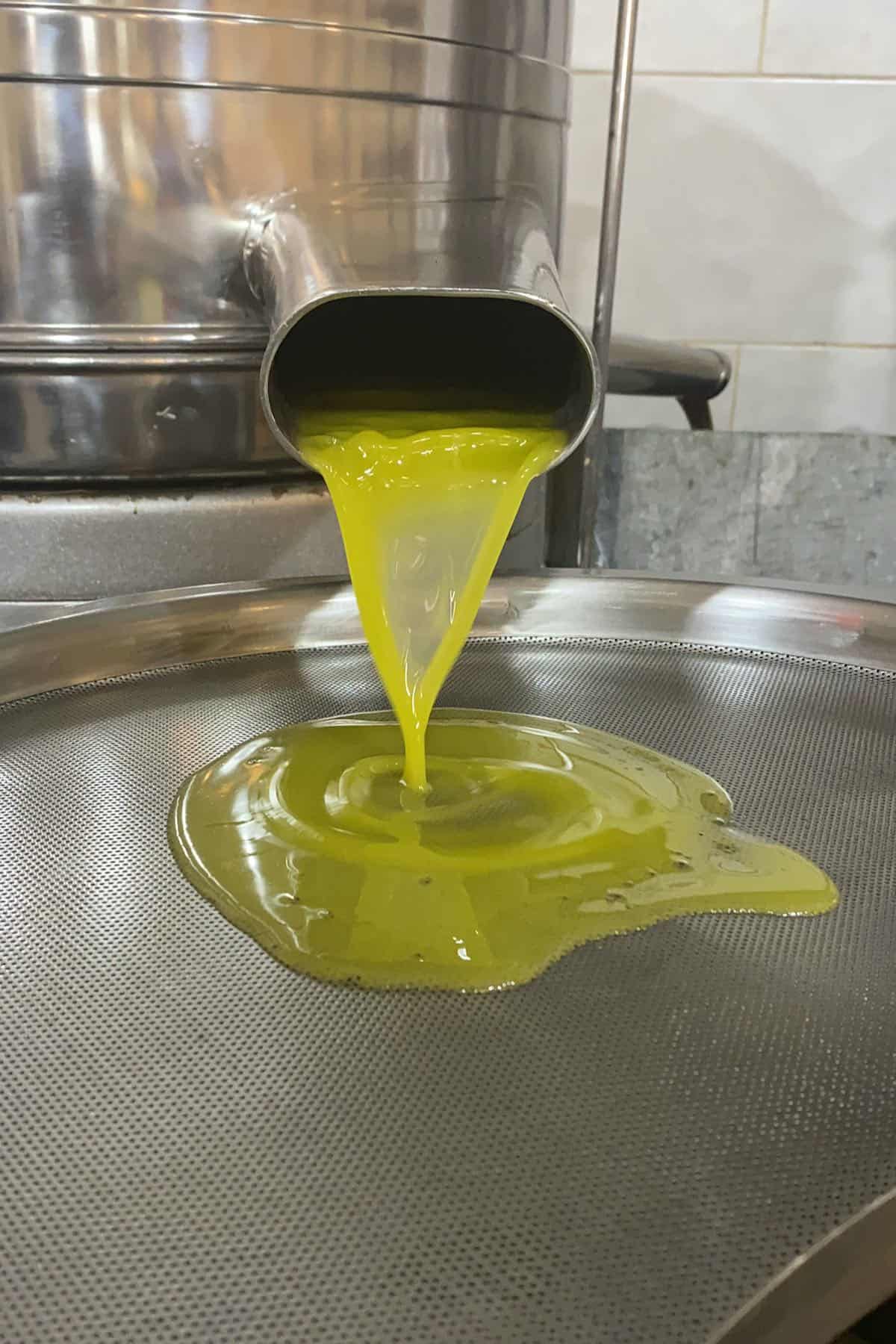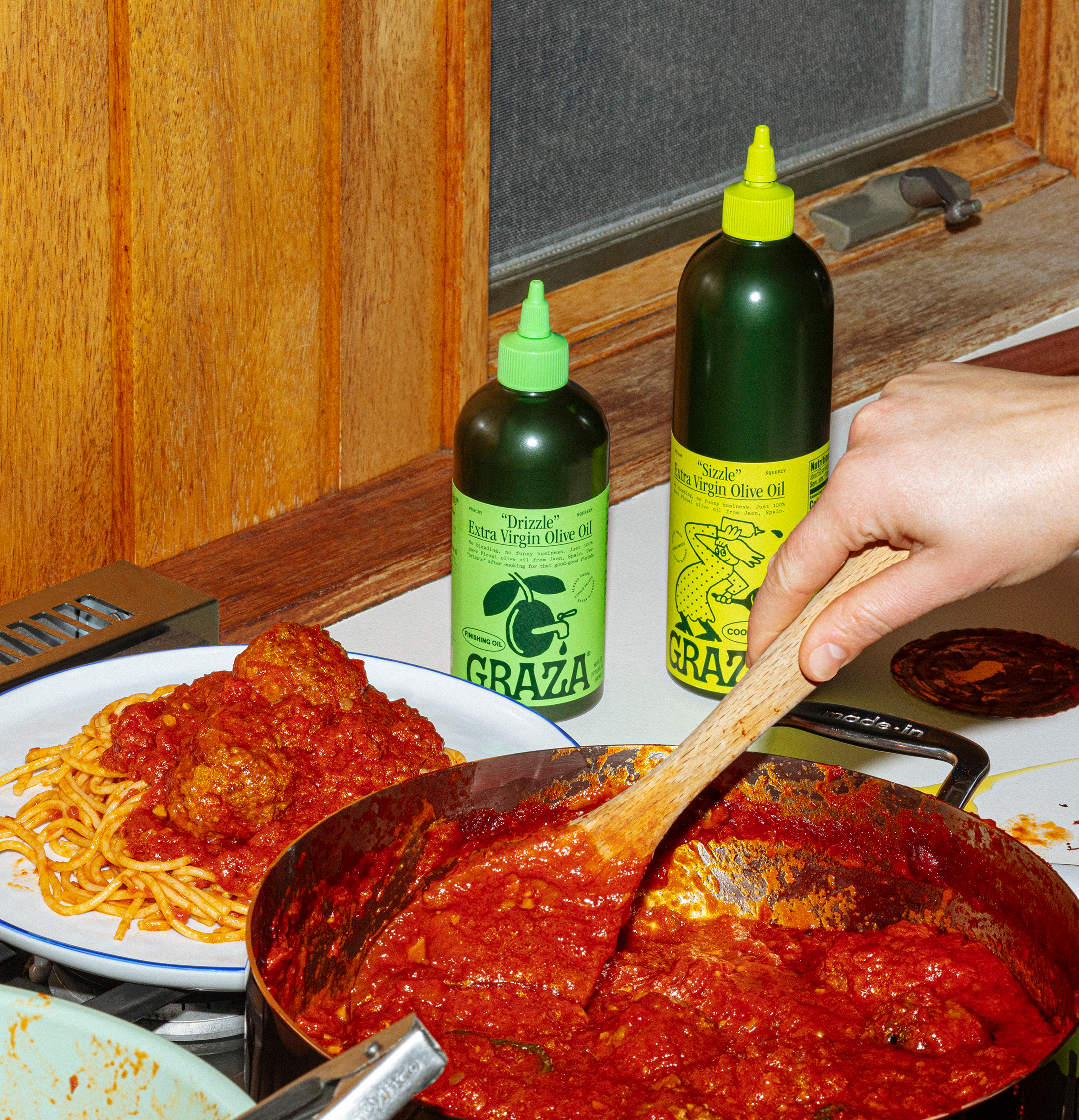Extra Virgin Olive Oil Benefits: How It Supports Healthy Cholesterol Levels
Extra Virgin Olive Oil Benefits: How It Supports Healthy Cholesterol Levels
Blog Article
Exploring the Different Types of Olive Oil and Their Usages, Consisting Of Extra Virgin Olive Oil
The expedition of olive oil encompasses a diverse range of types, each offering distinctive flavors and cooking applications. Bonus virgin olive oil, renowned for its superior top quality and health and wellness advantages, offers as a staple in several cooking areas, yet it is just one aspect of this multifaceted component. extra virgin olive oil benefits. Various other selections, such as polished and pure olive oils, also necessitate focus for their special residential properties and uses. Comprehending these distinctions can substantially influence both cooking strategies and flavor profiles. What, after that, should one think about when choosing the right olive oil for a details cooking endeavor?
What Is Olive Oil?
Stemmed from the fruit of the olive tree, olive oil is a staple in Mediterranean cuisine and a vital component in numerous culinary applications. This flexible oil is created by pressing entire olives, causing a liquid that varies in shade, scent, and flavor depending upon the type of olives utilized, the region of farming, and the removal procedure. Olive oil is predominantly composed of monounsaturated fats, particularly oleic acid, which is understood for its potential wellness benefits, consisting of anti-inflammatory residential properties and cardio support.
In enhancement to its culinary usages, olive oil has a long history of application in standard medicine and skin care, owing to its abundant antioxidant material (extra virgin olive oil benefits). The oil is often made use of in dressings, marinates, and for cooking techniques such as sautéing and roasting. Its distinct flavor account can boost the preference of different dishes, making it a vital ingredient for both home cooks and professional cooks
Moreover, olive oil is commemorated for its duty in the Mediterranean diet, which is connected with various health and wellness advantages. As recognition of these advantages grows, olive oil continues to acquire appeal worldwide as a fundamental element of a healthy and balanced way of life.
Kinds of Olive Oil
Comprehending the various kinds of olive oil is necessary for both health-conscious consumers and cooking lovers. Olive oil is categorized primarily based on its extraction approach and quality, which significantly influences its flavor, scent, and health and wellness advantages.

Light olive oil, despite its name, refers to a lighter taste and not lower calories. It is optimal for those seeking a much more refined preference in dressings and sauces. Additionally, there are flavorful olive oils infused with natural herbs, seasonings, or citrus, which can boost meals without the need for additional spices.
Each kind of olive oil offers details culinary functions, and recognizing these distinctions allows customers to make enlightened selections that align with their food preparation styles and health goals.
Bonus Virgin Olive Oil
Bonus virgin olive oil (EVOO) is extensively considered as the highest quality olive oil available, renowned for its rich flavor and many wellness benefits. To be categorized as extra virgin, the oil must be produced from fresh olives making use of mechanical procedures, without using solvents or excessive warm. This thorough approach protects the oil's natural flavors, anti-oxidants, and healthy and balanced fats, causing a product with a reduced acidity degree of much less than 0.8%.
EVOO is abundant in monounsaturated fats, especially oleic acid, which is linked to minimized swelling and boosted heart health. It additionally consists of polyphenols, powerful anti-oxidants that might supply safety results versus persistent conditions. The taste account of EVOO can differ considerably depending on the olive range and region of manufacturing, varying from verdant and fruity to robust and peppery.

Culinary Utilizes of Olive Oil

In cooking, olive oil can be used for sautéing, roasting, and barbecuing, giving a much healthier alternative to butter or other fats. Its high smoke factor makes it suitable for different cooking approaches, while its antioxidants contribute to a heart-healthy diet regimen. Showering olive oil over ended up recipes, such as pasta, fish, or smoked veggies, can boost tastes and add a touch of style.
In addition, olive oil plays a substantial role in cooking, where it can change traditional fats in dishes for bread and pastries, passing on moisture and a refined preference. It additionally functions as you can find out more a base for infused oils, permitting cooks to try out flavors such as garlic, herbs, or chili, better broadening its cooking possibility. On the whole, olive oil's look at here now flexibility makes it crucial in both home and specialist kitchens.
Choosing Quality Olive Oil
When choosing high quality olive oil, it's necessary to take into consideration numerous vital aspects that affect the product's wellness, taste, and aroma benefits. Opt for added virgin olive oil (EVOO), which is derived from the first cold pressing of olives and includes the greatest levels of antioxidants and useful compounds. Search for oils that are accredited by acknowledged organizations, as this commonly guarantees adherence to rigorous top quality standards.
The packaging likewise plays a significant duty in protecting the oil's integrity. Select oils kept in dark glass containers or tins to safeguard versus light deterioration. Take note of the harvest date; fresher oils use premium flavor and nutritional worth, so pick products that are within 18 months of their harvest.
Be aware of the taste; a great quality olive oil should have an equilibrium of fruity, bitter, and peppery notes, suggesting its richness and intricacy. By assessing these aspects, you can ensure you are choosing the best basics olive oil for your culinary needs.
Verdict
In recap, the exploration of numerous types of olive oil exposes unique qualities and applications, with extra virgin olive oil standing for the pinnacle of quality due to its low level of acidity and high antioxidant content. Its versatility in culinary usages boosts flavors in dressings, marinades, and drizzles. Understanding the different ranges of olive oil permits educated selections in food preparation techniques, advertising much healthier practices while improving the general gastronomic experience. Quality selection remains important for optimal benefits.
Derived from the fruit of the olive tree, olive oil is a staple in Mediterranean cuisine and a vital ingredient in different culinary applications.The most usual kinds of olive oil include improved olive oil, pure olive oil, and light olive oil.Additional virgin olive oil (EVOO) is extensively concerned as the highest possible high quality olive oil readily available, popular for its abundant taste and many health and wellness advantages. Choose for extra virgin olive oil (EVOO), which is derived from the initial cool pressing of olives and consists of the highest possible degrees of antioxidants and useful compounds.In summary, the exploration of numerous types of olive oil discloses unique attributes and applications, with added virgin olive oil standing for the peak of high quality due to its low acidity and high antioxidant web content.
Report this page